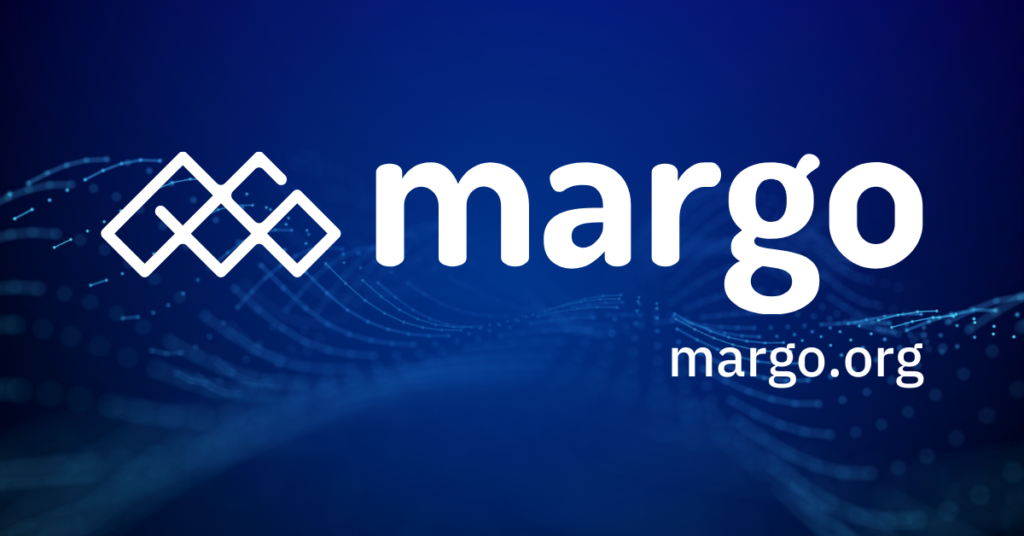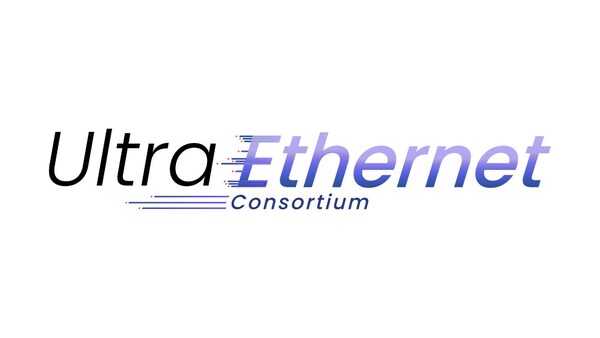
SEATTLE, Washington – April 16, 2024 – The Linux Foundation is excited to announce the launch of Margo, a new open standard initiative for interoperability at the edge of industrial automation ecosystems. Drawing its name from the Latin word for edge, Margo defines the mechanisms for interoperability between edge applications, edge devices, and edge orchestration software. The open standard promises to bring much needed flexibility, simplicity, and scalability – unlocking barriers to innovation in complex, multi-vendor environments and accelerating digital transformation for organizations of all sizes.
Hosted by the Joint Development Foundation, a part of the Linux Foundation family, the initiative is supported by some of the largest automation ecosystem providers globally, including founding members ABB (including B&R), Capgemini, Microsoft, Rockwell Automation, Schneider Electric (including AVEVA) and Siemens. The group invites like-minded industry peers to join the collaboration and contribute to building a meaningful and effective interoperability standard that will help customers achieve their digital transformation goals with greater speed and efficiency.
“At the core of Margo development is a commitment to delivering interoperability in a modern and agile way,” said Bart Nieuwborg, Chair of the Margo Initiative and Senior Program Manager, Rockwell Automation. “A comprehensive open-source reference implementation aims to facilitate the adoption, and the associated compliance test toolkit will ensure the trust in Margo’s interoperability promise, paving the way for the industry to tap the full potential of, for example, data and AI at the edge.”
“The idea that users should be free to create the best solution for their needs without unnecessary constraints, costs, or delays embodies the spirit of open-source collaboration,” said Jim Zemlin, Executive Director of the Linux Foundation. “Open interoperability among a wide selection of apps and devices will reduce the need for specialized resources and streamline the deployment, scaling and operation of multi-vendor ecosystems.”
Margo is set to transform the way systems and providers interoperate, fostering growth and value generation within the industrial automation ecosystem. To learn more about Margo and how you can participate, please visit www.margo.org. Interested participants are invited to attend the Capgemini booth at Hannover Messe on Tuesday April 23rd, for an in-depth presentation about Margo at 11:00 AM CEST. More details about the event can be found here.
Supporting Quotes
“Mastering efficiency, flexibility and quality faster than competitors is key to success in today’s industrial world. Digitalization can help deliver on these benefits, but digital ecosystems require a robust, secure and interoperable framework at the edge, connecting operations and information technologies. For ABB, a long-standing advocate of open automation systems, driving a forward-thinking collaborative initiative like Margo is key to achieving this goal.”
– Bernhard Eschermann Chief Technology Officer, ABB Process Automation
“Interoperability is the key to digital transformation at scale – empowering manufacturers to unlock the potential of the Industrial IoT at full speed without large teams of IT specialists.”
– Florian Schneeberger, Chief Technology Officer, B&R (Member of the ABB Group)
“In the constantly evolving realm of technology, edge interoperability stands out as a pivotal focus area for industrial automation, as a key driver for the seamless integration of industrial devices, applications, and their orchestration. The Margo initiative, with the aim of establishing an open standard that simplifies and standardizes industrial automation, represents a step change in the way complex industrial ecosystems are considered and will enable significant breakthroughs in innovation, optimization, and new value creation, and will help clients accelerate towards a more intelligent industry. As a pioneer in the field of edge compute-based industrial automation and founding member of the Margo initiative, Capgemini will bring its strong expertise in digital engineering to help the creation of this new open standard and accelerate the transformation of the industrial automation ecosystem.”
– Nicolas Rousseau, Head of digital engineering and manufacturing, Group Offer Leader Intelligent Products & Services, Capgemini.
“Microsoft is thrilled to be supporting Margo and continuing our efforts to help industrial customers accelerate their digital transformation journey. Our customers tell us every day about the challenges to scale and operate their industrial solutions due to a lack of interoperability at the edge. They want help to reduce the complexity, cost, and time to value. Microsoft is committed to align our adaptive cloud strategy architecture, such as Azure Arc and Azure IoT Operations, with the Margo initiative to help our customers build, deploy, and scale their applications faster, and run them both on the edge or in the cloud”.
– Christoph Berlin, General Manager, Microsoft Azure.
“At a time when industrial organizations are racing to accelerate their digital transformations, we’ve seen that building, operating, and scaling Industrial IoT solutions continues to be a challenge for our customers due to the disparate nature of the systems in the market today. We’re excited to be collaborating with The Linux Foundation, and our partners, by bringing over 100 years of experience in industrial automation and information to the creation of Margo and working together to ensure that Margo’s modern IT-based principles for edge interoperability meet the requirements of the OT world, breaking down our customers current barriers to success and enabling innovative operations.”
– Cyril Perducat, SR VP & Chief Technology Officer, Rockwell Automation.
“Today our industrial users have to manage more and more data to optimize their processes, machines and energy consumption. They have a strong need to compute data at field level with customized edge applications for different use cases and from multiple vendors. For many years, Schneider Electric has been focused on meeting those needs with simpler, scalable and more cost-effective automation, fostering innovation for an open industrial software approach and leveraging AVEVA’s expertise. The Margo initiative is deeply aligned with our vision and commitment for an automation ecosystem which is interoperable and sustainable.”
– Aurelien Le Sant, CTO- SVP Innovation & Technology, Industrial Automation, Schneider Electric
“With Industrial Operations X and Siemens Industrial Edge, we are committed to ecosystem openness. Margo supports extending the cross-vendor approach, enriching solution capabilities through a common standard.“
– Rolf Heinsohn, SVP Control at Siemens
###
About the Joint Development Foundation
The Joint Development Foundation (JDF), part of the Linux Foundation family of projects, accelerates organizations developing technical specifications, standards, data sets, and source code. JDF provides the corporate and legal infrastructure, experienced support staff, and extensive network necessary to achieve the highest levels of industry and international standardization. For more information, please visit us at jointdevelopment.org.
About the Linux Foundation
The Linux Foundation is the world’s leading home for collaboration on open source software, hardware, standards, and data. Linux Foundation projects are critical to the world’s infrastructure including Linux, Kubernetes, Node.js, ONAP, PyTorch, RISC-V, SPDX, OpenChain, and more. The Linux Foundation focuses on leveraging best practices and addressing the needs of contributors, users, and solution providers to create sustainable models for open collaboration. For more information, please visit us at linuxfoundation.org. The Linux Foundation has registered trademarks and uses trademarks. For a list of trademarks of The Linux Foundation, please see its trademark usage page: www.linuxfoundation.org/trademark-usage. Linux is a registered trademark of Linus Torvalds.
Media Contact
Noah Lehman
The Linux Foundation
nlehman@linuxfoundation.org

